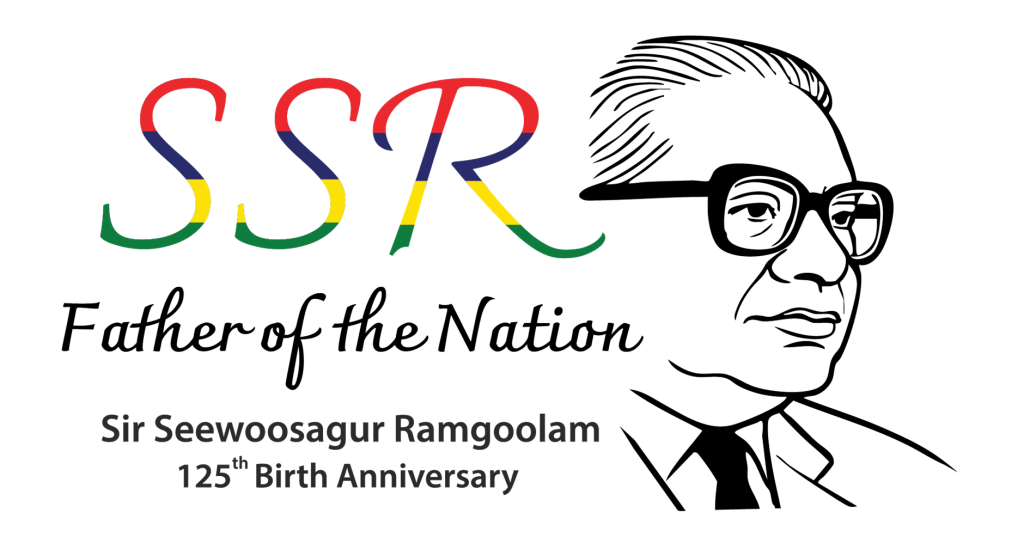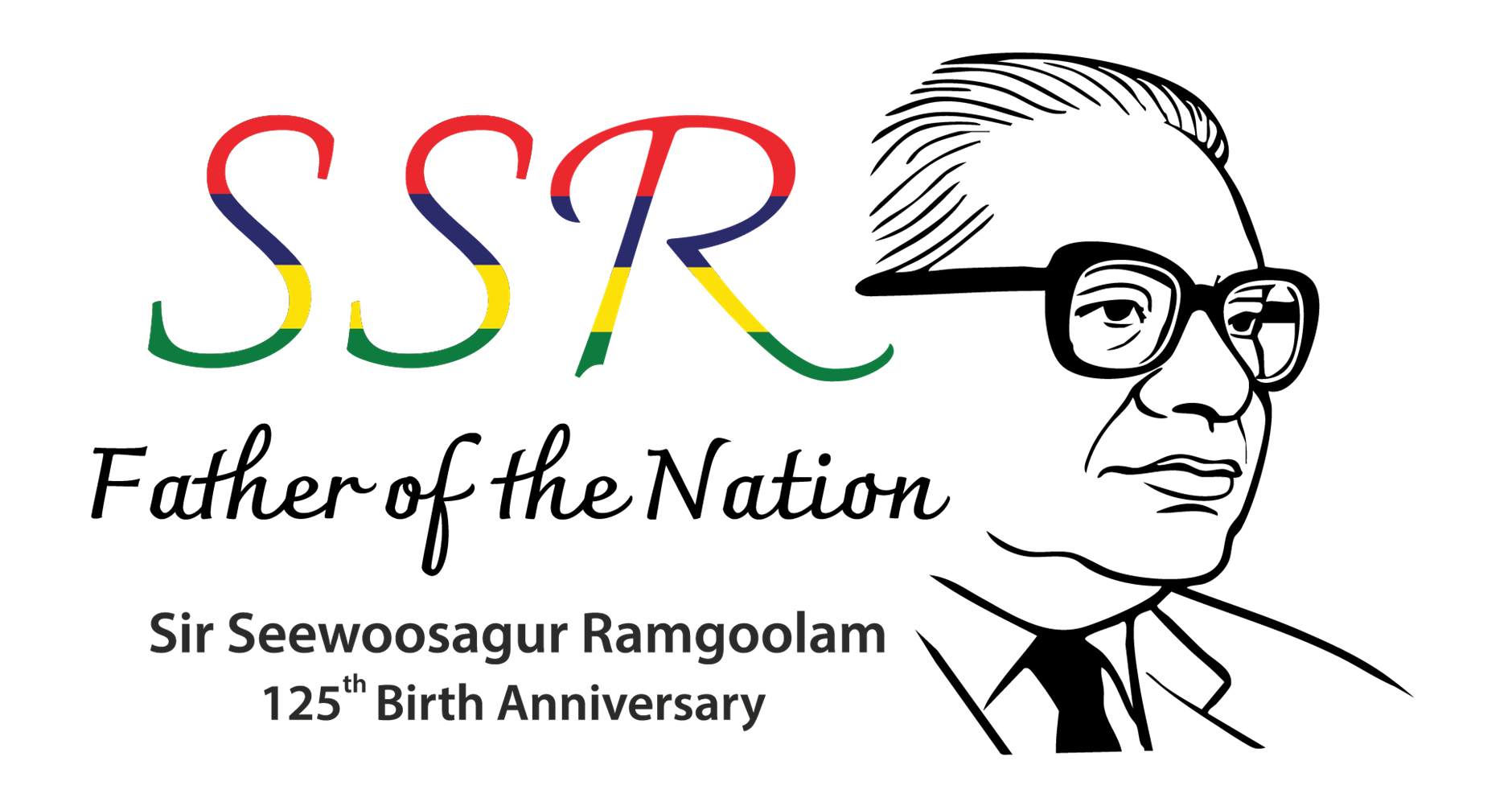
In 1968, the small island of Mauritius entered the world stage as a newly independent country. Its prospects did not inspire confidence. With no natural resources, a mono-crop economy reliant almost entirely on sugar, and a population divided along ethnic and religious lines, many observers predicted failure. Commentators dismissed Mauritius as destined to become “another failed postcolonial African state.”
Yet history took a different course. Mauritius has since become one of Africa’s most stable democracies and one of its most diversified economies. The island today enjoys high levels of literacy, life expectancy, and social cohesion. At the centre of this remarkable transformation stands Sir Seewoosagur Ramgoolam, who is remembered as the founding father of modern Mauritius. This exhibition, marking the 125th anniversary of his birth, retraces his life and achievements. It invites visitors to reflect on the qualities of leadership, vision, and compromise that transformed a fragile colony into a confident nation.

